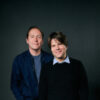





Zwangsarbeit und Widerstand
Open Jour Fixe on the reappraisal of Kampnagel's site history
Dates
4/26/24
6:00 PM
6/21/24
6:00 PM
Kampnagel has stood for contemporary performance, dance and theatre for 40 years. But the history of the site goes back much further: the factory's past under National Socialism has been little analysed to date. The crane manufacturer Nagel & Kaemp became "KampnagelAG" in 1934 and was converted into an armaments factory from 1939-45 - with hundreds of forced labourers housed in six company-owned camps. It is long overdue for the art centre to address this history: A project team is currently dedicating a two-year process to in-depth research and the conceptualisation of a communication strategy for this history. The aim is to use digital means to develop an innovative prototype for cultural institutions to engage with the past as a pioneering, responsible culture of remembrance. This process is open to the public from the outset. Meetings are held every two months to present the current state of knowledge of the artistic research team and to create space for suggestions, questions and networking. The research officers Sophia Hussain and Simone Rozalija Thiele invite you to join them on a critical search for clues
General information on accessibility is available here.
To get to the rehearsal stage kx, you have to take a staircase with ten steps. The meeting will be held in German spoken language, if translation into English is needed, please feel free to contact us in advance via this address. If there are any other access needs, we would be happy to hear from you so that we can work on making the necessary arrangements. There will be a short break in the middle of the 90-minute event. During the event, you will be free to move around the room, leave and re-enter if necessary. If you need assistance during the event, you can always contact the organisers in confidence.
